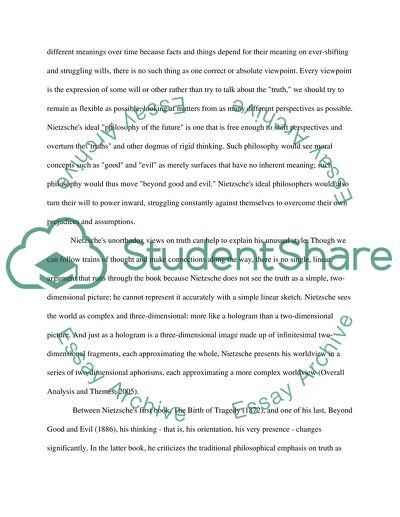Cite this document
(The Essence of Human Nature and the Fight between Good and Evil in Essay, n.d.)
The Essence of Human Nature and the Fight between Good and Evil in Essay. https://studentshare.org/philosophy/1512965-the-essence-of-human-nature-and-the-fight-between-good-and-evil
The Essence of Human Nature and the Fight between Good and Evil in Essay. https://studentshare.org/philosophy/1512965-the-essence-of-human-nature-and-the-fight-between-good-and-evil
(The Essence of Human Nature and the Fight Between Good and Evil in Essay)
The Essence of Human Nature and the Fight Between Good and Evil in Essay. https://studentshare.org/philosophy/1512965-the-essence-of-human-nature-and-the-fight-between-good-and-evil.
The Essence of Human Nature and the Fight Between Good and Evil in Essay. https://studentshare.org/philosophy/1512965-the-essence-of-human-nature-and-the-fight-between-good-and-evil.
“The Essence of Human Nature and the Fight Between Good and Evil in Essay”. https://studentshare.org/philosophy/1512965-the-essence-of-human-nature-and-the-fight-between-good-and-evil.


